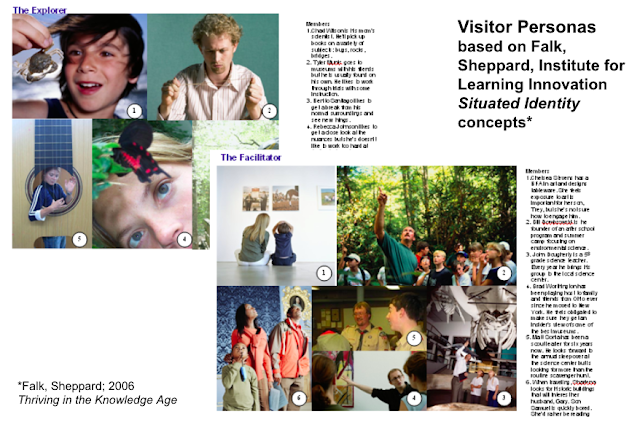GMRI LabVenture! featured in National Academy of Sciences 'Surrounded By Science' report
Four years after opening, GMRI's LabVenture! science learning experience, co-developed by XhibitNet, received special recognition in a landmark report from the National Research Council, 'Surrounded by Science.'
From Surrounded by Science, National Research Council. p. 173-174*
Based on the summative evaluation of LabVenture!, much of the learning that
took place was in the development of inquiry skills. Based on responses
from an online survey, about 74 percent of the students in the research sample
said they learned about conducting scientific investigations by observing, forming
hypotheses, collecting evidence, and analyzing their results,
The second area of learning mentioned most frequently by the students was
working as part of a research team (55 percent), In addition, about 50 percent of
the students said that they had the opportunity to figure out how to use scientific
tools.
The students also noted that their visit to GMRI piqued their interest in
marine science. Nearly half (47 percent) wanted to understand more about the
Gulf of Maine watershed, and more than one-third expressed new interest in
local freshwater resources.
But equally important, the kids experience learning as enjoyable and
satisfying. "I learned how much fun oceanography can be," one student says.
Another mentioned learning about the different types of tools scientists use. And
one student expressed his opinion succinctly: "I learned a lot of cool stuff that 1
didn't know.”
From the teachers' vantage point, the experience at GMRI reinforced the
fifth- and sixth-grade science curriculum, which includes the study of weather,
environmental sciences, ecology, watersheds, and estuaries. Also stressed in these
grades is the development of scientific inquiry skills. In the view of many of the
teachers surveyed, GMRI offers their students a chance to learn some of this
content and practice science skills in an authentic setting. As one teacher put it,
"[GMRI] fits the curriculum like a glove. ... It goes perfectly with our unit on
fish classification and is a great hands-on science experiment for my students."
Another teacher echoed those sentiments, adding that “my students would
never be exposed to anything dealing with marine science otherwise (and I can
say that for grades K-8); this program is a much-needed addition to our science
Curricula."
*National Research Council. 2010. Surrounded by Science: Learning Science in Informal Environments. Washington, DC: The National Academies Press.











Comments
Post a Comment